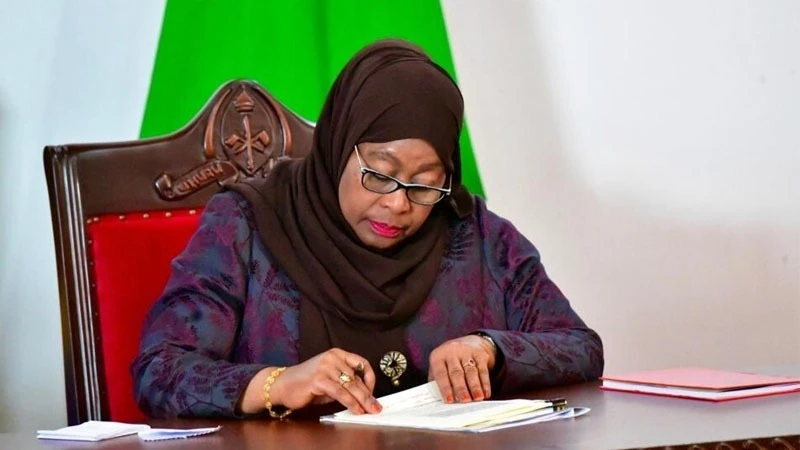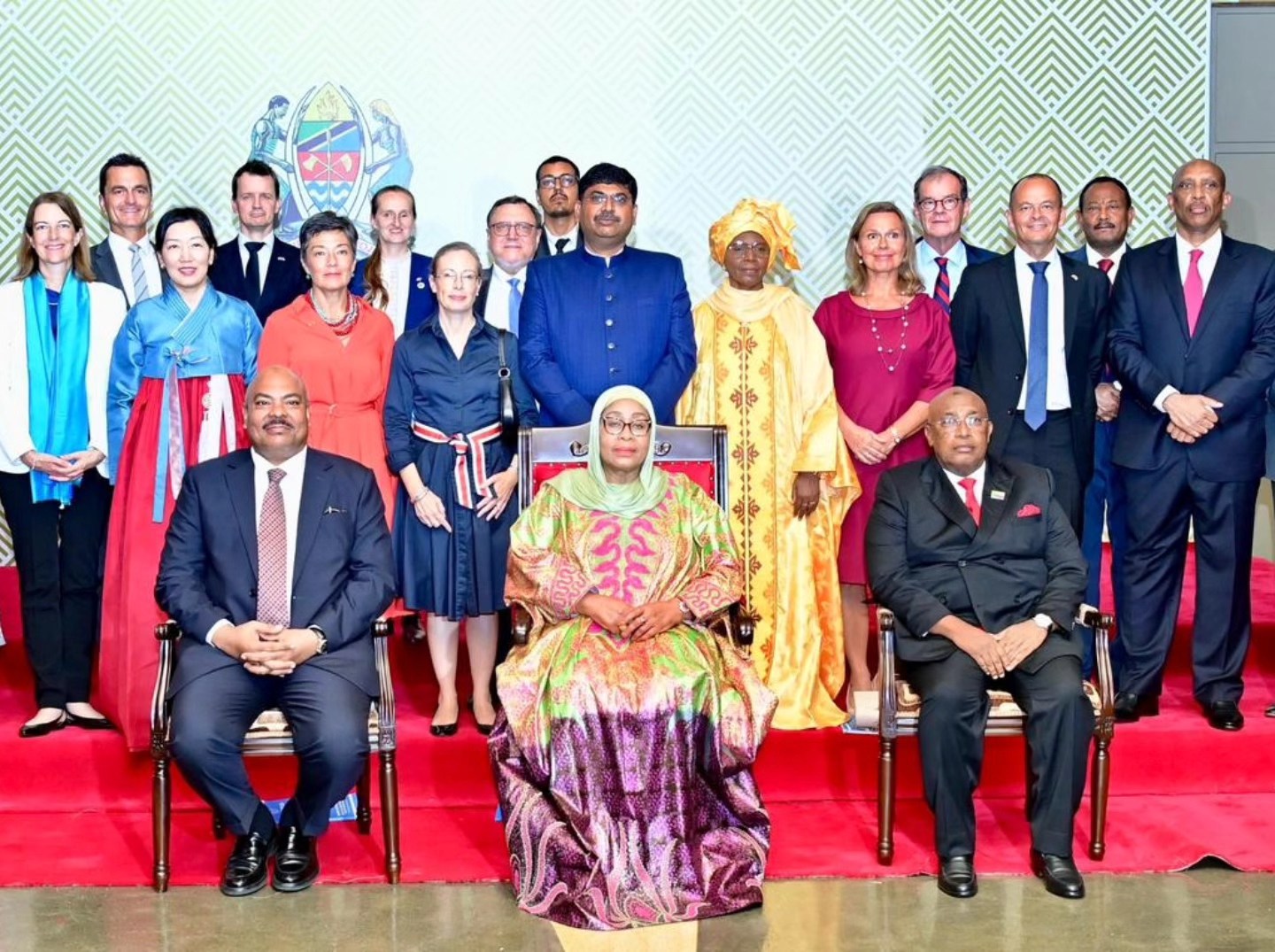Expert tells govt to emphasise more on ecological agriculture

THE government has been advised to emphasize ecological farming as it is the cornerstone of agriculture, fostering unity in production, consumer rights, biodiversity, and environmental conservation of food sources.
LDaud Manongi, Seed Expert from the Tanzania Biodiversity Network (TABIO) made the call here yesterday when speaking at the ongoing annual agro-sector produce and services exhibition.
Manongi stated that if the government prioritizes ecological farming, it will address all the stakeholders involved in the sector, noting that ensuring farmers’ practice ecological farming will lead to long-term productivity and sustainable land use for future generations.
"We, the stakeholders of ecological farming, urge the government to emphasize ecological farming because it is the pillar of agriculture, fostering unity in production, consumer rights, biodiversity, and environmental conservation of food sources," he said.
Manongi, who is also the Chairman of the National Ecological Agriculture Stakeholders Task Force, said they participated in the exhibitions to demonstrate the contribution of stakeholders in this sector. He highlighted that ecological farming significantly contributes to the agricultural sector, which involves over 65 percent of Tanzanians.
He mentioned that recent climate changes have affected agricultural systems, and the way to return to productive farming is through ecological farming. He emphasized that ecological farming stakeholders carry the message that seeds are life, aiming to ensure all stakeholders participate in protecting, preserving, and developing indigenous seeds, continuing the inherited legacy.
The expert stated that the exhibitions included 17 participants, namely TABIO, Tanzania Organic Agriculture Movement (TOAM), SJS Organic, McDonald, Inades, Floresta, IDP, KPC, Kijani Hai, Farm Radio International, Sustainable Agriculture Tanzania (SAT), Tanzania Farmers Federation (SHIWAKUTA), PELUM, Agroecology Hub Tanzania, Biovision Trust, Safari Organic Fertilizer, and Via Agroforest.
Manongi said the ecological farming system ensures market certainty for produce both domestically and internationally.
TABIO Coordinator, Abdallah Mkindi, mentioned that as stakeholders in ecological farming, they will showcase various products resulting from this farming method. Mkindi noted that they have brought over 80 types of indigenous seeds to the exhibition, which, if emphasized and given a special strategy, will lead to positive revolutions in the food system.
"We would like the government to emphasize natural pesticides to control plant pests, especially during this time of climate change challenges," he said. The coordinator also stated that they are using the exhibitions to ensure that education on indigenous seeds is provided so that farmers can understand the benefits.
Daudi Gwabara, SAT assistant project planner said they are using the exhibitions to demonstrate to the government and the public the benefits of ecological farming if given emphasis.
"We urge farmers and the government to start changing because evidence shows that modern farming is not productive. We should invest in ecological farming, which benefits human health, the soil, and other living organisms," he said.
Gwabara noted that industrial chemical-laden soil harms future generations' harvests, so it is the right time to focus on organic farming. He mentioned that SAT involves 3,000 farmers nationwide, cultivating a total of 900 hectares.
Paul Chilewa, TOAM advocacy officer said that among other things, as stakeholders of ecological farming, they want the government to implement the Ecological Agriculture Strategy launched last year, focusing on the availability of inputs, markets, technology research, and dissemination of extension education.
"Our plea is for the government to start implementing the National Ecological Agriculture Strategy, which has shown the way to liberate farmers and consumers by allocating financial and human resources," he said.
Top Headlines
© 2025 IPPMEDIA.COM. ALL RIGHTS RESERVED






















